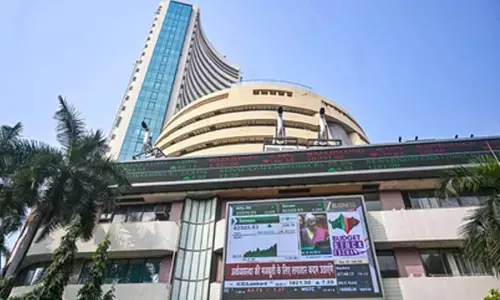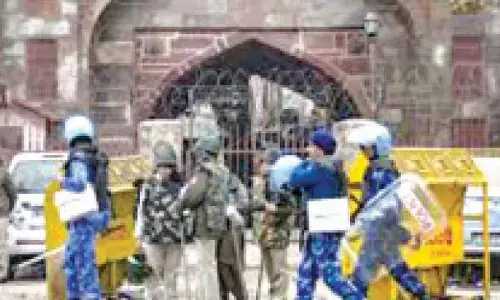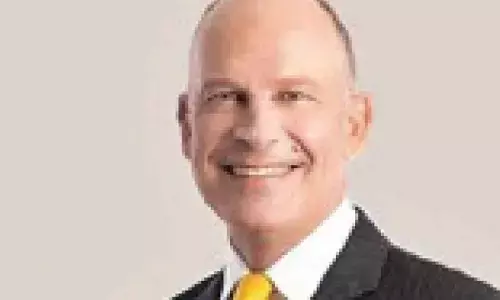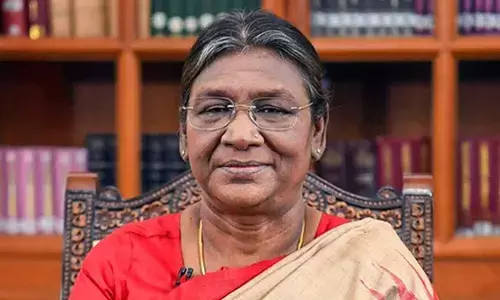MyVoice: Views of our readers 30th July 2021
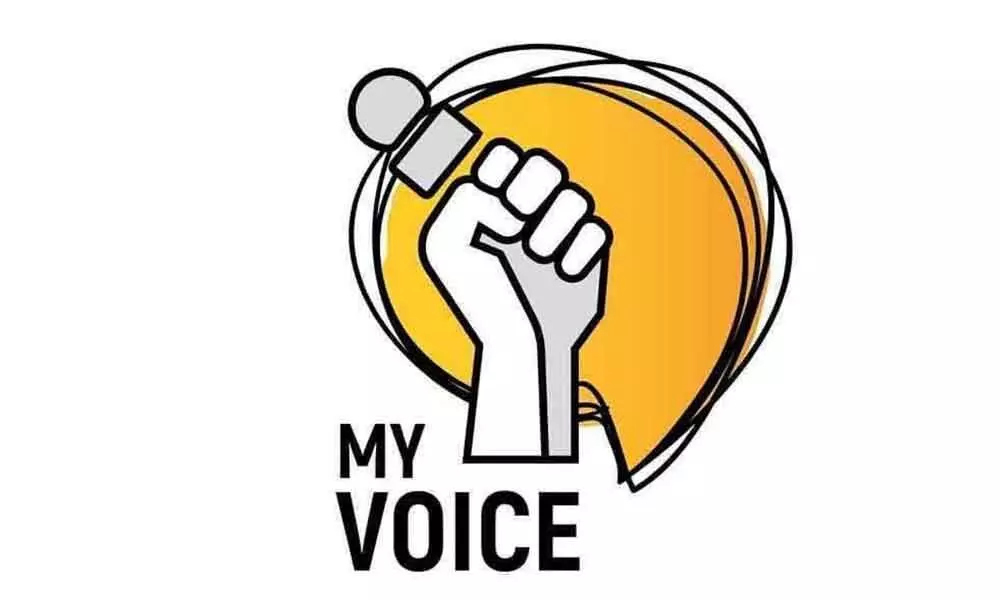
Views of our readers 18th August 2021
Your incisive editorial "Is Indian bureaucracy really serving the nation?" is posed at a right time and it certainly deserves to be answered honestly in the interest of the country and people
Political will can reform babudom
Your incisive editorial "Is Indian bureaucracyIndian bureaucracy really serving the nation?" is posed at a right time and it certainly deserves to be answered honestly in the interest of the country and people. (THI, 29 July). Verily, the plausible answer is that the political leadership wants bureaucracy to be a convenient tool in its hands so that its political interests rather than the interests of the nation are better served. It can be said emphatically and in no uncertain terms "Indian bureaucracy is not allowed by the vested political interests to really serve the nation."
We are now seeing bureaucrats of any State, functioning at apex level, such as Director General of Police (DGP), Chief Secretary (CS) being appointed on the basis of their willingness to function at the command of their political masters which is leading to an unwanted situation where bureaucrats are overzealous to implement the political agenda of the ruling establishment by throwing constitutional values, democratic norms and human rights to dogs. If some honest bureaucrats try to be sincere and courageous to efficiently/impartially discharge their duties with an intention to serve the nation to the best of their ability, they would face the wrath of politicians in power and would eventually get victimized by way of being shifted/transferred to some unimportant portfolios/remote corners of the country which will have a chilling effect on other highly motivated bureaucrats who have noble ideas to serve the nation.
Reforming the bureaucracy to make it to serve the nation more effectively is quite possible, if there is a strong political will to do so. Unless some radical political reforms take place in the country, bureaucracy will continue to be spineless, inefficient and corrupt.
Narne Raveendra Babu, Hyderabad
THI's Edit 'Is Indian bureaucracy really serving the nation? (July 29) is thought-provoking and if it's a virtual debate the 'yes' will surely be less compared to umpteen 'no's. As said therein, post- independent India had a different view by Patel against abolishing' em but his reiteration had a counterproductive effect in the long run. Let's not ponder the hand-in-glove disservice, rather corruption, and exploitative governance are volumes to speak, of course, barring a virtuous few.
Dr T Ramadas, Visakhapatnam
Tough battle awaits anti-Modi parties
A dozen parties joining together and fighting against the might of Modi in national politics is not so easy. The PM has laid a solid foundation and the people reposed faith on him with two terms and now looking for the third. Mamata is trying her best to upset the applecart and it is not so easy despite setbacks of BJP in Bengal.
He is six men all rolled into one a good administrator, an able worker, a crowd puller, has the tenacity to play to the gallery with many developmental schemes, a task master and a national hero in trying times. Whereas the opposition is just trying to play vote bank politics to unseat BJP. The coalition in opposition crumbled many times and the last time it showed some resilience was in Bihar as a Gathbandhan. Under the present circumstances it is not easy to lead an opposition with different ideologies and mobilising leaders of various parties in both the Lok Sabha and the Rajya Sabha is not the cup of tea for Mamata. The task in hand is difficult for the opposition and the BJP must withstand its tempo to make it three times in a row with grit and determination. Akhila Gopalan, Mumbai
SC scores yet again
The Supreme Court, yet once again, covered itself with glory through its landmark judgement that the lawmakers cannot indulge incriminal actson the floors of the Parliament or State Assemblies and still claim protection behind the so called ubiquitous concept of "Right to Speech". At the outset, it makes very strange reading that, a member or a body of an elected legislature, viz., the LDF leaders in the State of Kerala in 2015,in the present instance, swearing allegiance to the Constitution, preferred to claim either a privilege or an immunity to be beyond the purview of the sanctions of the criminal law. What is worse is that, in addition, they unscrupulously resorted to legal recourse. In all fairness, the apex court should have reprimanded the litigants and awarded them the costs, as their precious time had been frittered away in dispensing such frivolous matters.
Seshagiri Row Karry, Hyderabad
Three decades of economic reform
As India completes three decades of its momentous 1991 economic reform programme, turning back to observe the tracked progress would unquestionably give any Indian a sense of pride.
The reforms were initiated with a dream to ameliorate the economic as well as the social canvas of our country. Consequently, thirty years down the line one can notice the relative and enhanced employment opportunities, boost in production and productivity, and a great inflow of foreign investment. This important milestone in the history of post-independent India has today placed our country on the global economic map as the fastest growing economies in the world. While we commemorate it's 30th anniversary and have to answer the general question on the perception - Who is the real architect of economic liberalisation, P. V. Narasimha Rao or Manmohan Singh? The ideal answer is very simple - it's the Rao-Singh duo together. Each had their own prominent role to play with one being the Prime Minister and the other being the Finance Minister.
It is factual to note that all the successive governments irrespective of their political affiliation have followed and contributed their might to follow and further these reforms. In addition to these, a quality research coupled with timely implementation, and corresponding corrective and preventive actions can help push forward India's economic wheel.
Ramala Kinnera, Hyderabad









